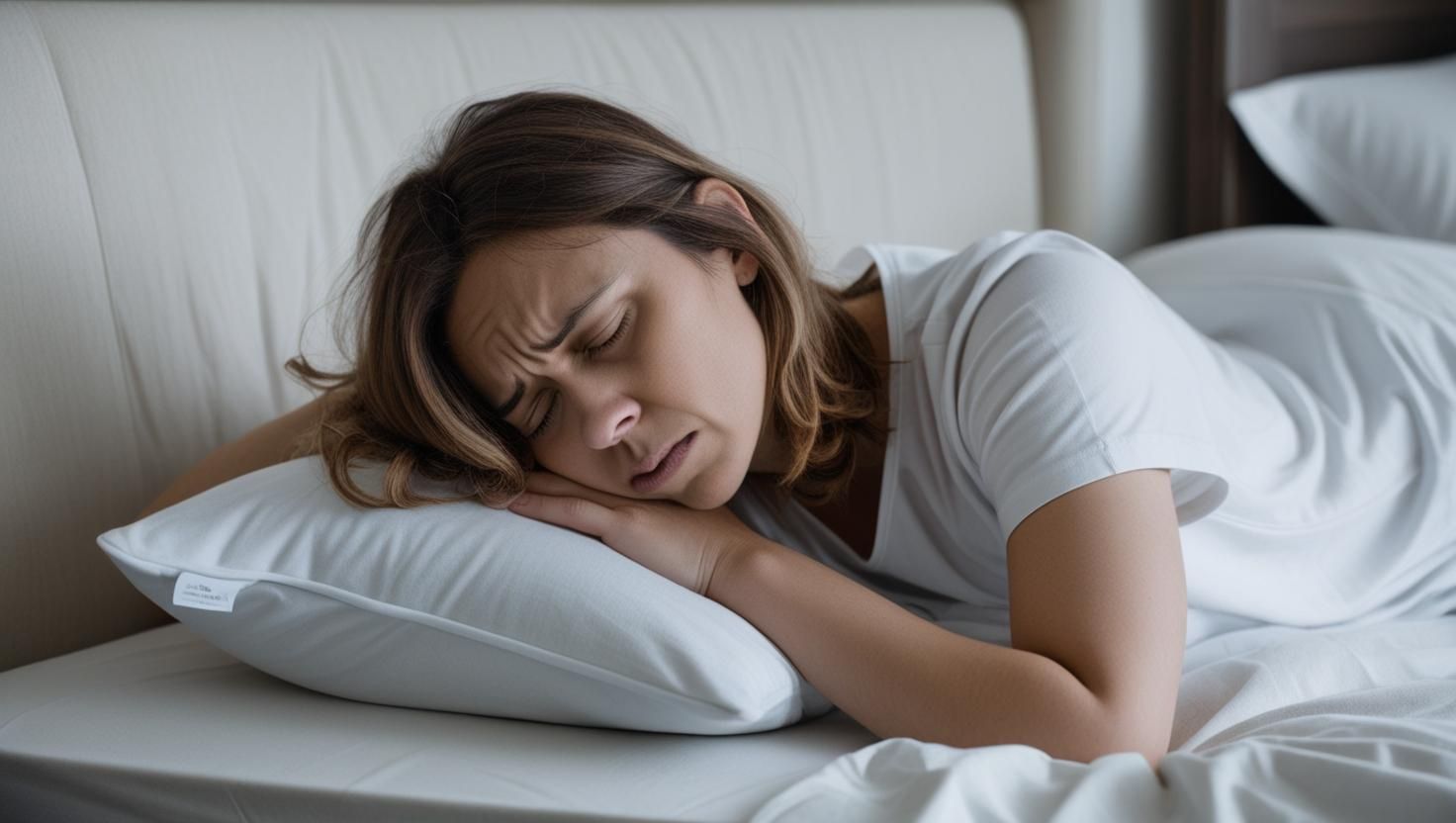As a ‘thank you’ for visiting our blog, you can avail of a 20% discount on ALL stock from now until Sept. 8th.
Use the code COLLEGE20 at checkout (not valid in conjunction with any other coupons).
Sleep
It’s no secret that many college students get far too little sleep! In a recent study at a leading American university, nearly 25% of students surveyed indicate that lack of sleep is an impediment to their academic performance.
How much is enough?
If you’re like many students and averaging around six hours of sleep a night, you may be surprised to learn that you’re sleep deprived.
In fact, according to The Sleep Foundation, most college-aged students need 7–9 hours of sleep in order to avoid daytime drowsiness (inability to concentrate or remember and slowed reaction time), altered mood states (anxiety, irritability, and depression), weight gain, poor health, and low energy.
Why it’s important
Sleep is a necessity, not a luxury. Your top performance (academic, athletic, etc.) – and your emotional health and well-being (self-esteem, confidence, and social relationships) – depend on adequate sleep.
- The sleep state allows your brain to take in new information more fully and to better synthesize new experiences and knowledge. As you sleep, your brain is busy organizing and correlating memories. This ultimately increases your understanding and retention.
- Sleep also helps repair the body. The damage we sustain every day – from stress, pollutants, infection, sun exposure, etc. – is naturally repaired through sleep.
- It reduces stress. A good night’s sleep can lower blood pressure and the elevated levels of stress hormones that are a natural result of today’s fast-paced lifestyle.
- After a good night’s sleep your thoughts are clearer, your reactions faster, and your emotions are less fragile.
Improving your “sleep environment”
Knowing that you should get more sleep doesn’t mean it will come easily. Sometimes academic studies, social life, job, and relationships can outrank sleep on your priority list. But with so much to balance, it’s even more important to aim for eight–nine hours of sleep as often as possible.
Try these tips to establish good “sleep hygiene” for optimal performance and health:
- Create a sleeping space that is dark, quiet, comfortable, and cool (blackout curtains, fan, clean bedding, etc.)
- Set a regular sleep schedule, aiming for 8–9 hours a night
- Strive for a regular bedtime and rising time
- Restrict caffeine, nicotine, alcohol, and stimulant drugs that can affect sleep (prescription and non-prescription)
- Avoid “screen time” 30–60 minutes before bed
- Establish a “relax and wind down” routine (warm shower, drawing, journaling, quiet music, etc.)
- Exercise regularly, but not right before bedtime
- Avoid having a heaving meal 2–3 hours before bedtime
- Enjoy a short nap, 20–30 minutes in the afternoon
- Save time in bed for sleep (not studying)
- Don’t dwell on worries and frustrations when trying to sleep; write them down in a notebook, with action statements if needed, and then put the notebook away while you sleep
- Learn to meditate to relax and quiet your mind
- Is your duvet too warm..? Sometimes people think they’re restless because they’re cold but actually you’re more likely to be restless if you’re overheating at night. Ideally, your room temperature should be around 16 degrees; our body is meant to go in to a state of ‘semi-hibernation’ when we go to sleep – like the polar bears!
Not realistic for every day? Start where you can. Try setting aside a few days a week to get enough quality sleep. Take notice of any differences in how you feel after a full night’s sleep. You’ll be surprised at how much even a few nights can help. And it will motivate you to make it a regular habit.
When to get professional help
If you’ve tried all of the above tips and still find that an ongoing lack of sleep is either preventing you from being successful in your daily life or that your mood, energy level, or behavior is suffering, ask for help from a health care provider.
Schedule an appointment to speak with a Cornell Health clinician about your concerns. Consider preparing for your appointment by filling out a sleep diary (see a sample from the Sleep Foundation) for a few nights to help facilitate the conversation. Your provider can help you identify underlying causes of sleeplessness and recommend appropriate treatment.
(Credit : Cornell University)



